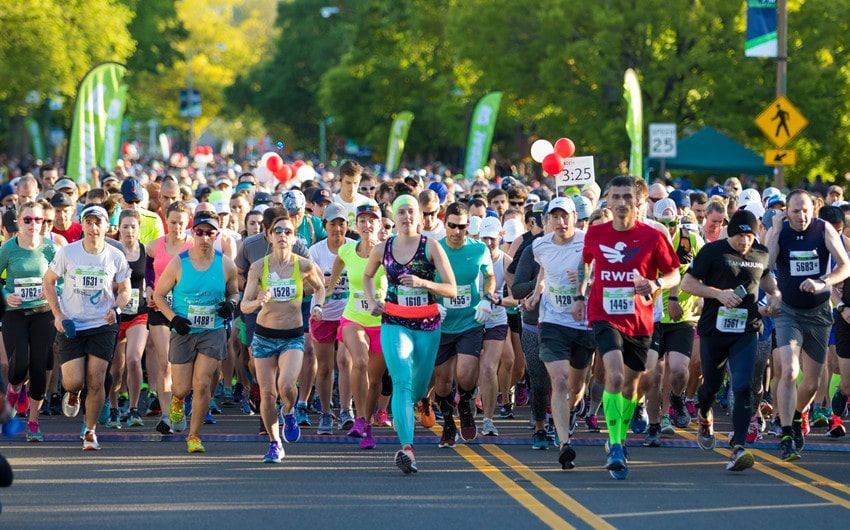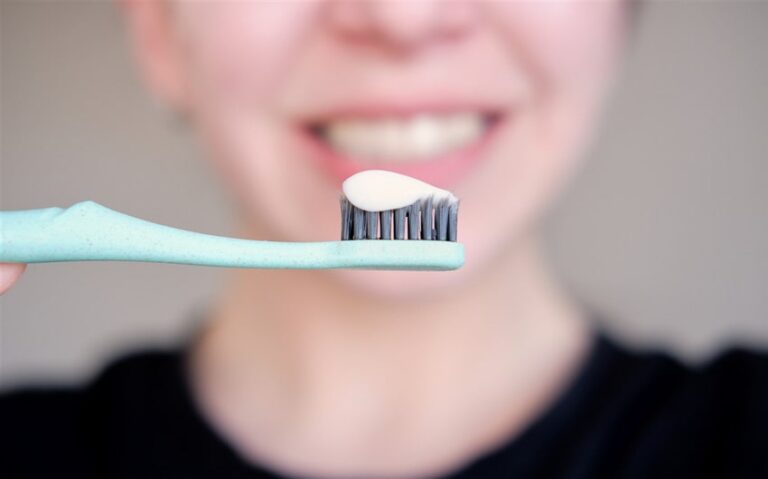What to Eat the Night Before a Half Marathon: Fueling for Race Day
When you’re gearing up for a half marathon, what you eat the night before matters. You’re not just feeding your hunger—you’re topping off your energy stores so your body has fuel to burn the next morning. The key is to eat something that’s familiar, balanced, and easy on your stomach. Here’s how to do it right.
Focus on Carbohydrates for Energy
Your body stores carbohydrates as glycogen in your muscles and liver. This glycogen is your primary energy source during endurance activities like a half marathon. The night before your race, your goal is to top off those stores—not overload your body. About 60-70% of your dinner plate should come from complex carbs.
These slow-digesting carbs provide a steady release of energy, reduce the risk of “hitting the wall,” and help your body feel ready at the starting line. Avoid overly fibrous choices like bran or raw veggies that may upset your stomach the next day.
- Pasta with a light tomato or olive oil-based sauce
- Brown rice or couscous with roasted vegetables
- Baked or mashed potatoes with herbs and olive oil
- Whole wheat toast with nut butter and a banana on the side
Keep It Familiar, Not Experimental
The night before a race is not the time to try something new, spicy, or exotic—even if it sounds healthy. Your digestive system needs predictability, not surprises. If you’ve trained on certain foods during your long runs, use them again. Consistency gives your body a better chance of responding well on race day.
Trying a new high-fiber grain or rich sauce the night before could lead to bloating, cramping, or GI distress the next morning. Stick with tried-and-true meals that give you energy and sit well with your body. The simpler, the better.
Include a Little Lean Protein
While carbs take center stage, protein plays a supporting role. A small portion of lean protein helps prevent overnight muscle breakdown and keeps you feeling full. The goal is balance—not bulk. Think of protein as the anchor that supports your carbohydrate intake without weighing you down.
Choose lean sources that are easy to digest and not greasy. Avoid heavily fried meats, creamy sauces, or thick cuts of red meat.
- Grilled chicken breast or thigh (skin removed)
- Baked or poached fish like salmon, tilapia, or cod
- Soft tofu or tempeh with rice and steamed vegetables
- Eggs or egg whites with toast and a piece of fruit
Hydrate Without Overdoing It
Hydration is a key part of your pre-race routine, but it’s not about chugging water the night before. Instead, aim to drink fluids consistently throughout the day leading up to your race. Clear urine is usually a good indicator of proper hydration.
At dinner, include a glass or two of water or an electrolyte drink. Avoid caffeinated beverages, which can act as diuretics, and limit alcohol, which can disrupt sleep and dehydrate you. If you’re prone to night-time bathroom trips, stop drinking large amounts 1–2 hours before bed.
- Water with lemon or cucumber slices
- Electrolyte-enhanced drinks like Nuun or diluted sports drinks
- Broth-based soup as a warm, salty starter
Don’t Forget the Timing
Try to finish eating your dinner 12 to 14 hours before your race starts. This gives your body time to digest your meal fully and get a restful night’s sleep. If your race starts at 7:00 a.m., aim to eat by 6:30 or 7:00 p.m. the night before.
Going to bed too full can disrupt your sleep. Going to bed hungry can leave you feeling weak in the morning. If needed, add a light snack an hour before bed—just something small and easy to digest.
- Half a banana with peanut butter
- A small granola bar or slice of toast
- A warm mug of low-sugar oat milk or almond milk
Good Pre-Race Dinner Ideas
Still not sure what to cook? Here are a few complete meal ideas that combine carbs, protein, and healthy fats in a digestible format. Pick one that’s close to what you’ve eaten before and feels right for your routine.
- Spaghetti with marinara sauce, a slice of garlic bread, and sautéed spinach
- Grilled salmon, white rice, steamed zucchini, and a drizzle of olive oil
- Sweet potato, black beans, avocado, and grilled chicken breast
- Turkey sandwich on whole wheat bread with apple slices and a small cookie
- Stir-fried tofu, jasmine rice, carrots, and snap peas with a light ginger sauce
The Bottom Line
The night before your half marathon isn’t about stuffing yourself—it’s about choosing the right mix of foods to help you feel strong, calm, and ready. Load up on familiar carbs, add lean protein, sip water throughout the day, and avoid anything new or risky. Stick to your training routine, eat mindfully, and give yourself the best possible chance to feel energized and steady on race morning.





